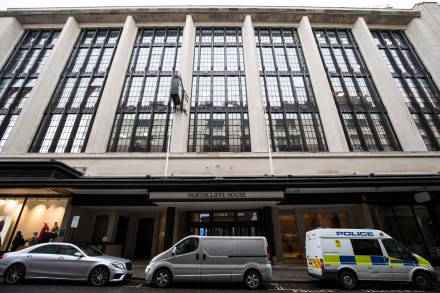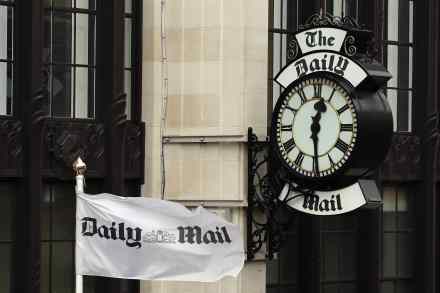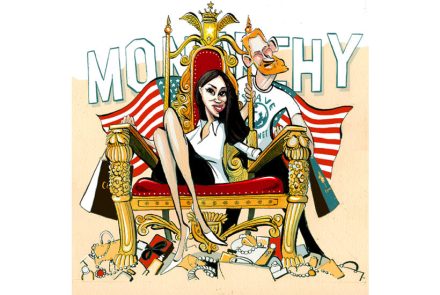Verity lieutenants installed at Mail HQ
While Tories in Westminster have ummed and erred about whether to stick the knife in, there’s been no such hesitation over in Kensington. A veritable orgy of executive blood-letting has engulfed the hacks at Northcliffe House as first Geordie Greig and then Martin Clarke were unceremoniously dispatched from their respective posts at the Daily Mail and Mail Online. Paul Dacre meanwhile was barely out of the building’s infamous revolving doors before he was back, re-installed as DMG Media’s editor-in-chief after just three weeks away. One Mail Man sighed to Mr S: ‘It’s all been a bit like The Sopranos.’ Long-time Dacre admirer Ted Verity has been installed as Greig’s successor in the Daily Mail




